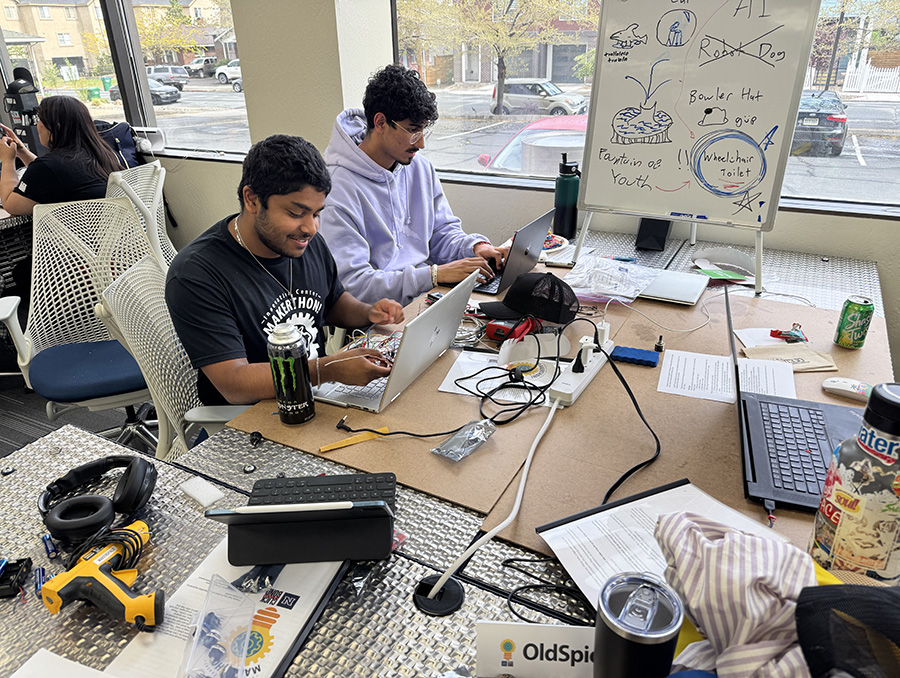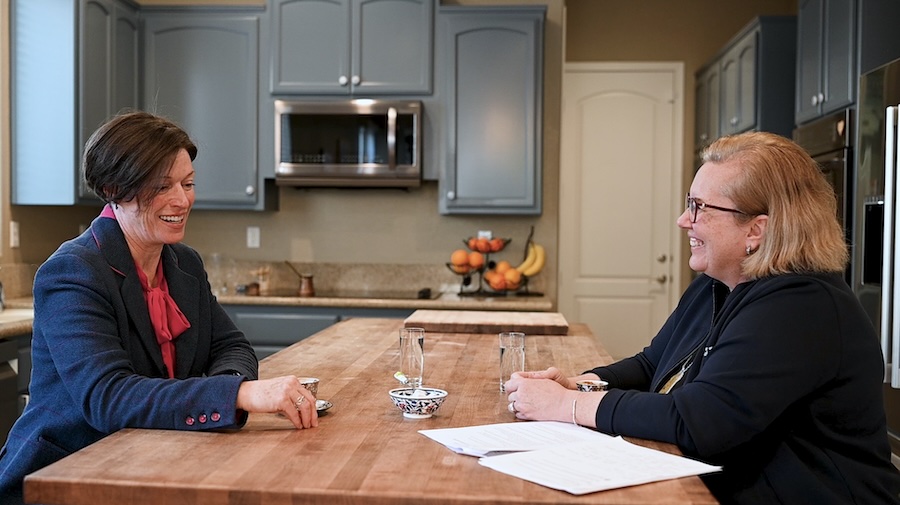Mental health and coping associated with COVID-19
Self care is important in challenging times. Try the tips below, and take care of yourself.
It is natural to feel stress, anxiety and worry under the current circumstances. Everyone reacts differently, depending on one’s own circumstances and also one’s mental health history, and your own feelings may well change over time. Here are some tips to help you navigate through this challenge:
Tip# 1: Notice and accept how you feel. Sometimes we may judge our reactions in a negative way, but emotions are there for a reason: trying to mobilize us to keep us safe or protect others. So, acknowledging one’s reactions in a non-judgmental manner is always warranted (e.g., “I am having a lot of worrisome thoughts.”)
Tip # 2: Do what’s effective. What we DO in response to emotions should be considered relative to what’s effective for that particular situation. In this case, following CDC guidelines such as hand washing, not touching one’s faces and engaging in physical social distancing when warranted, are effective. Isolating emotionally from those you care about and allowing oneself to become hopeless is not.
Tip # 3: Take a break from worrying/planning. Sometimes our minds tell us “to do something,” but some things are out of our control. When a particular worry pops up, ask yourself: “Is this under my control right now?” and if the answer is no, try to do something to help you take a break from worrying. For example, if you are worried about what will happen after the Spring Break, but there is nothing you can do about that right now, perhaps visit our Counseling Services Virtual Relaxation Room, or if you have a favorite mindfulness app or podcast, listen to that instead.
Tip # 4: Engage in healthy coping. Share your concerns and how you are feeling with a friend or family member in a healthy manner. Surround yourself with individuals who bring you some comfort. Avoid panic, it can be contagious.
- Take care of your body: exercise, dance, eat something healthy, sleep, avoid ingesting substances.
- Improve your sense of mastery by taking care of even small things: clean your room, send an email to a friend/family member or to your professor, etc.
- Turn to hobbies that fit the circumstances… reading a book you have had on the shelf for a while, knitting, playing an instrument, or coloring.
Tip # 5: Avoid excessive exposure to media coverage of COVID-19.
Tip # 6: Trust your sources. If you are going to read about it, make sure that the information you are receiving is from a legitimate source, such as:
- The University’s coronavirus updates and resources page
- Centers for Disease Control (CDC) coronavirus page
- Washoe County website
If you are in crisis, you may reach out to our crisis phone number at (775) 297-8315 or one of the resources below.
- Suicide Hotline (Phone and Online Chat)
National Suicide Prevention Lifeline
Call: 1-800-273-TALK (8255)
Suicide Hotline online chat - Suicide Hotline for LGBTQIA+ (Phone, Text, and Online Chat)
Call: 1-866-488-7386
Text START to 678678
LGBTQIA+ online chat - Hotline for Students of Color (Text)
Text STEVE to 741741
Students of color online chat













